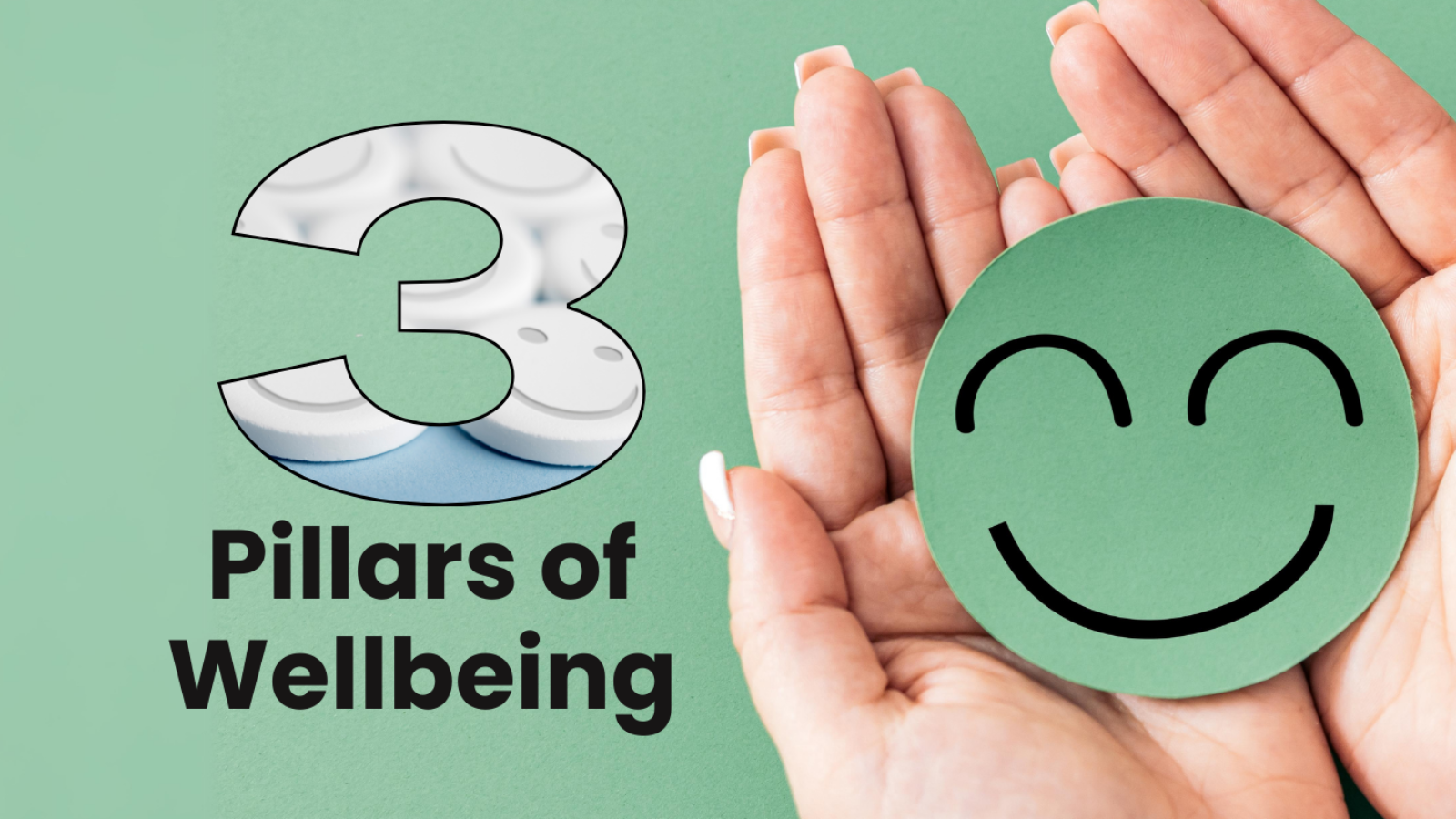In the pursuit of a fulfilling and balanced life, prioritizing health and wellbeing is paramount. While there are numerous factors that contribute to overall wellness, three pillars stand out as foundational elements: sleep, nutrition, and exercise. Often referred to as the trifecta of wellbeing, these pillars form the cornerstone of a healthy lifestyle, influencing both physical and mental health. Let’s delve into each pillar and explore their significance in nurturing holistic wellbeing:
1. Sleep:
Quality sleep is the cornerstone of optimal health and vitality. During sleep, the body undergoes essential processes that rejuvenate both the mind and body. Adequate sleep is associated with numerous health benefits, including:
-
Physical Restoration: Sleep is a time for the body to repair and regenerate tissues, muscles, and cells. It aids in muscle recovery, immune function, and hormone regulation.
-
Cognitive Function: Sleep plays a crucial role in cognitive processes such as memory consolidation, learning, and problem-solving. A good night’s sleep enhances focus, concentration, and productivity.
-
Emotional Wellbeing: Quality sleep is closely linked to emotional regulation and mood stability. Chronic sleep deprivation can increase the risk of mood disorders such as anxiety and depression.
To optimize sleep quality, prioritize establishing a consistent sleep schedule, create a relaxing bedtime routine, and cultivate a sleep-conducive environment free of distractions.
2. Nutrition:
Nutrition forms the foundation of physical health, providing the body with essential nutrients needed for growth, repair, and function. A well-balanced diet rich in whole foods offers numerous benefits, including:
-
Energy and Vitality: Nutrient-dense foods provide the energy necessary for daily activities and promote overall vitality.
-
Disease Prevention: A healthy diet can lower the risk of chronic diseases such as heart disease, diabetes, and certain cancers.
-
Gut Health: The gut microbiome plays a crucial role in digestion, immune function, and mental health. Consuming a variety of fruits, vegetables, whole grains, and probiotic-rich foods supports a diverse and healthy gut microbiota.
Focus on incorporating a colorful array of fruits and vegetables, lean proteins, whole grains, and healthy fats into your meals. Limit processed foods, sugary beverages, and excessive intake of sodium and saturated fats for optimal nutrition.
3. Exercise:
Regular physical activity is essential for maintaining a strong and resilient body, as well as promoting mental wellbeing. The benefits of exercise are multifaceted and include:
-
Physical Fitness: Engaging in regular exercise improves cardiovascular health, strength, flexibility, and endurance. It also helps maintain a healthy body weight and reduces the risk of obesity-related conditions.
-
Mental Health: Exercise is a powerful mood enhancer, triggering the release of endorphins that promote feelings of happiness and relaxation. It can also alleviate symptoms of stress, anxiety, and depression.
-
Brain Health: Physical activity has been shown to enhance cognitive function and protect against age-related decline in brain health. It fosters neuroplasticity, the brain’s ability to adapt and form new connections.
Incorporate a variety of physical activities into your routine, including cardiovascular exercise, strength training, flexibility exercises, and mind-body practices such as yoga and tai chi.
In conclusion, prioritizing sleep, nutrition, and exercise lays the groundwork for optimal health and wellbeing. By nurturing these three pillars, you can enhance your physical vitality, mental resilience, and overall quality of life. Embrace a holistic approach to wellness, recognizing the interconnectedness of these foundational elements, and make conscious choices that support your journey towards a healthier, happier life.


Add a Comment